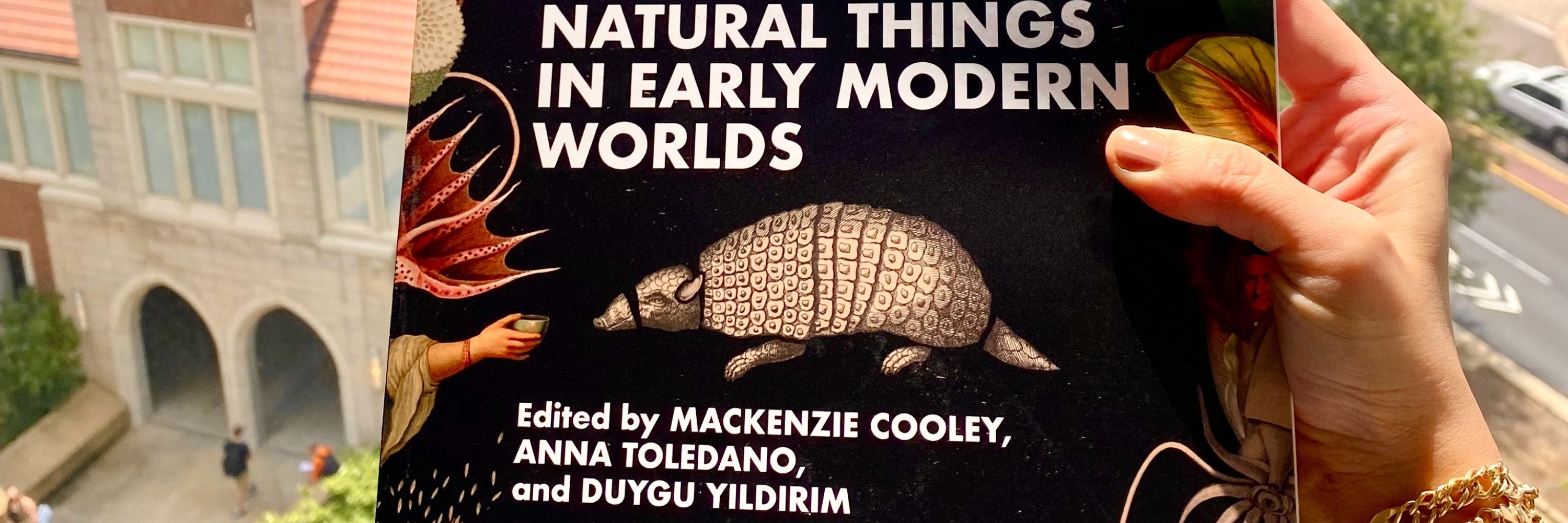
utk.academia.edu/DuyguYildirim



A presto, Firenze!
A presto, Firenze!



And the art long;
The occasion is instant,
Experiment perilous,
Decision difficult.”
And the art long;
The occasion is instant,
Experiment perilous,
Decision difficult.”

The final title might still change slightly, but for now it’s:
“Uncertain Knowledge: The Science of Making Relevance between the Ottoman Empire and Early Modern Europe”

The final title might still change slightly, but for now it’s:
“Uncertain Knowledge: The Science of Making Relevance between the Ottoman Empire and Early Modern Europe”




